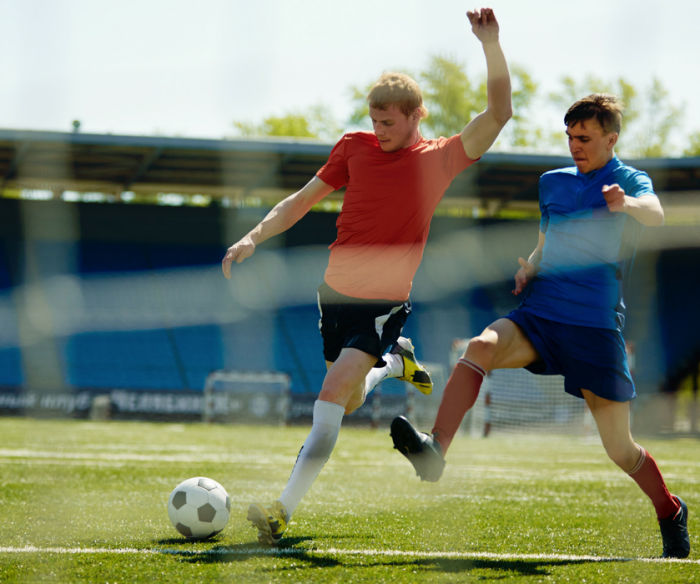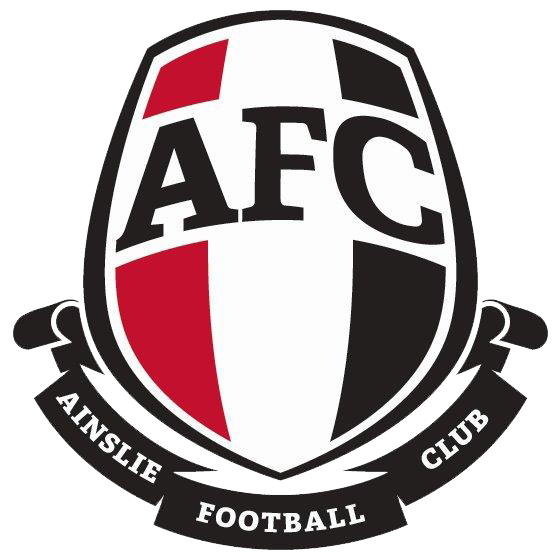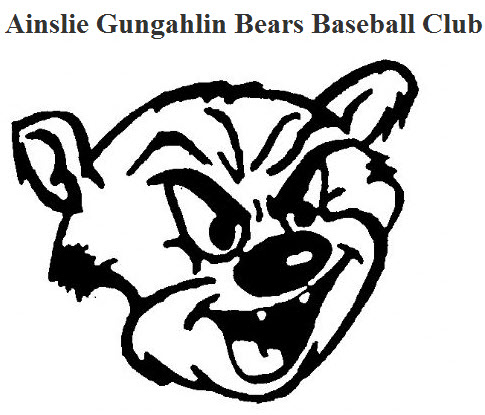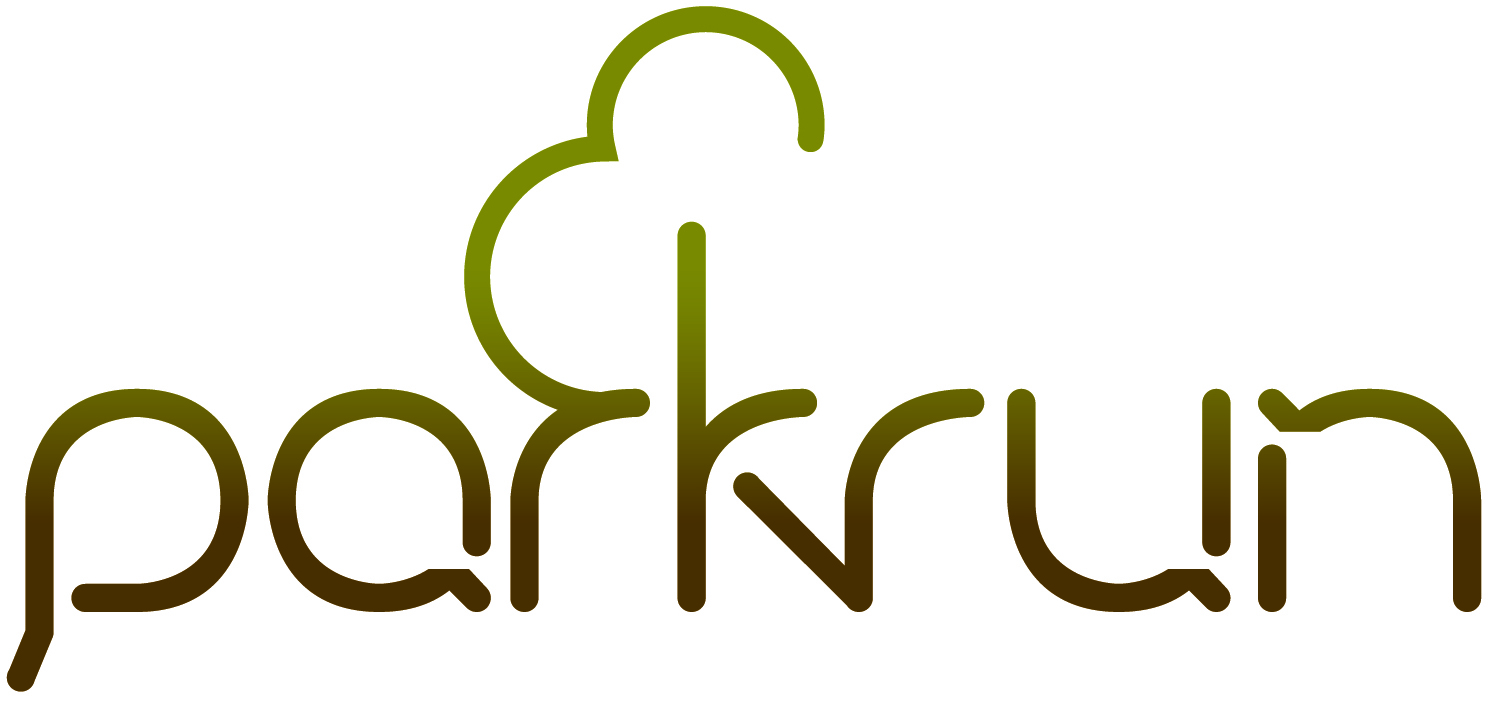Our Physiotherapists are passionate about sport and will ensure a timely and sustained return to sport following your injury.
Our Physiotherapists are passionate about sport and will ensure a timely and sustained return to sport following your injury.

Sporting injuries span a broad spectrum, ranging from contact or twisting injuries through to training overload. No matter how they occurred, injuries can result in loss of game/training time and/or a reduction in your capacity to perform on the pitch/field/court. Physiotherapy can help diagnose, treat and rehabilitate your injury so that you can return to sport as quickly as possible and minimise risk of re-injury.
Capital Clinic Physiotherapy specialises in the assessment and treatment of a broad range of sporting injuries. Our qualified team made up of Physiotherapists and Exercise Physiologists have extensive experience managing sporting teams and athletes ranging from the weekend warrior through to the elite athlete.
With four of our Physiotherapists currently completing or having completed Master’s level training in Sports Physiotherapy, we provide the latest treatment and management techniques for sporting injuries.

As a clinic, we currently manage Ainslie Football Club, GWS Development Squad, ANU Football Club, Ainslie/Gungahlin Bears Baseball Club and Park Run Burley Griffin.
We also offer running strength classes and running assessments that look at proper running technique and body alignment issues to improve performance. These are conducted by three of our staff who have undertaken further training, as well as have a keen passion for running. Our classes are suitable for beginners through to those at the elite level. From the assessment your therapist will develop training and exercise programs which are designed for your specific needs to help with performance and reduce the risk of injury.
Sporting injuries can encompass a broad range of conditions including:
Knee injuries
Shoulder injuries
Hip injuries
Ankle/Foot injuries
Muscle strains
Back/neck pain
Elbow/hand injuries
Your Physiotherapist will assess your injury by talking through the events leading up to the injury and how it occurred, as well as performing a musculoskeletal examination. This will determine if there is a structural cause of your pain and if it needs specific rest, referral or surgical management. They will also determine what potential weakness, skill errors or movement disorders are present which may have increased your likelihood of sustaining the injury.

Once your Physiotherapist has diagnosed your injury they will explain to you the nature of the injury, pain and /or movement dysfunction. They will then discuss the likely return to sport timeframe and the best way for this to happen. This usually entails a period of rest followed by a period of graded rehabilitation exercises with a progressive return to training and then sport. Our Physiotherapists are happy to work with your coach to ensure you manage your return to your sport safely and as quickly as possible.





Appointments are available in our two Canberra City locations. Call or book online.
Bookings can also be made with our physiotherapists in Deakin by calling ACT Pain Centre.